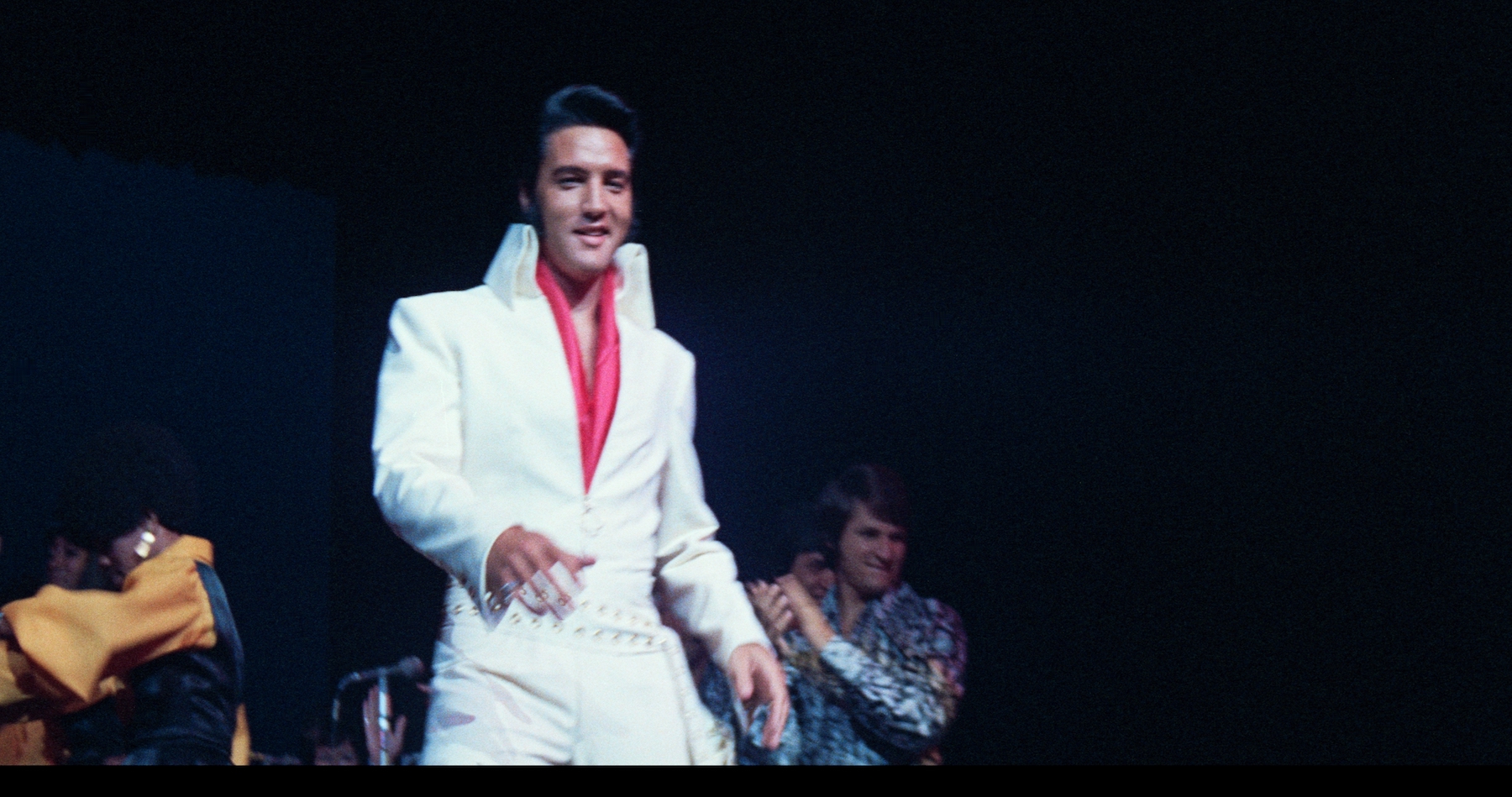In The Colonel And The King, Peter Guralnick – the great chronicler of the life of Elvis Presley – tells a tale about the 80th birthday party of Colonel Tom Parker. The event took place at the Las Vegas Hilton in 1989. At the end of the evening, Guralnick went to thank Presley’s former manager and found him “surrounded by various images of elephants, including a giant ice sculpture behind him, tusked and trumpeting, with Sam Phillips standing just to his left.”
A fastidious biographer with a habitual disregard for hyperbole
In The Colonel And The King, Peter Guralnick – the great chronicler of the life of Elvis Presley – tells a tale about the 80th birthday party of Colonel Tom Parker. The event took place at the Las Vegas Hilton in 1989. At the end of the evening, Guralnick went to thank Presley’s former manager and found him “surrounded by various images of elephants, including a giant ice sculpture behind him, tusked and trumpeting, with Sam Phillips standing just to his left.”
An intense discussion was underway about the events surrounding the sale of Elvis’s contract in 1955. Phillips – who released Presley’s first records on his label, Sun – and Parker were arguing the toss. “The discussion was proceeding not week by week,” Guralnick writes, “not day by day, but hour by hour, with neither giving any quarter and each telling the same story – but from an entirely different point of view.”
In Last Train To Memphis and Careless Love, his two volumes about the rise and the unmaking of Elvis, Guralnick established himself as a fastidious biographer with a habitual disregard for hyperbole. He loves the music and tends to like the people. Regarding Colonel Tom, such an approach runs into challenges immediately, as almost everything that is known has been coloured, or simply invented, by Parker in the service of his own myth.
“It reminded me of my circus days…”
Those elephants? Parker’s thing about pachyderms stretched back to his days drumming up advance publicity for a travelling circus. Sixty years on, he wrote a letter to Garth Brooks, expressing admiration for the high-wire act in the country superstar’s show. “It reminded me of my circus days when I floated on top of an elephant,” he wrote. To this, Guralnick adds: “Which I’m sure he did, if only in imagination.”
For years, Parker talked up his autobiography. It was going to be “the most up-to-date and funniest book ever written about show business”. The tale would include yarns reaching back into Parker’s “dog-catching Day’s and Circus and Carnival work” [sic]. Sadly, Parker never got around to it, though his flawed written English is a clue in itself. The truth is that Tom Parker wasn’t a Colonel, or a Parker, or a Tom. He was a Dutch immigrant of uncertain legality.
Even with access to Parker’s extensive archive, some mysteries remain. Parker’s real name was Andreas Cornelis Van Kuijk. Known as Driesm he was the fifth of nine surviving children. His desire to abandon Holland appears to be rooted in something deeper than personal ambition. He was a persistent runaway with a fascination for the circus. As a boy, he trained beetles and sparrows, and kept a goat that climbed stairs.
On seeing Elvis at the Louisiana Hayride, Parker was blown away
In 1926, at the age of 17, he stowed away on a ship bound for Hoboken, hoboed around the US, acquired the name Tom Parker, and fell into his destiny as an advance man for carnivals. The touring tent shows of the Grand Ole Opry offered a route into a different kind of circus. He managed Eddy Arnold, the first hillbilly singer to headline in Las Vegas. On seeing Elvis at the Louisiana Hayride, Parker was blown away, not so much by the music as the crowd reaction.
From here, the story begins to fold into the Elvis myth. The second half of Guralnick’s book comprises letters showing the tenacity of Parker’s management, and his doomed attempts to coax Presley from his decline. Guralnick portrays Parker as a manager who understood how to apply the rules of the carnival to the chaos of pop culture. He was a showman, though he preferred to be known as a Snowman, creating blizzards of bamboozlement and amusement, all of it in the service of the thing he wanted.
When you purchase through links on our site, we may earn an affiliate commission. Here’s how it works.
The post Peter Guralnick’s The Colonel And The King reviewed: myth-busting biography of Elvis Presley’s legendary manager appeared first on UNCUT.




